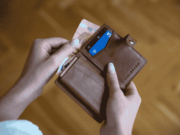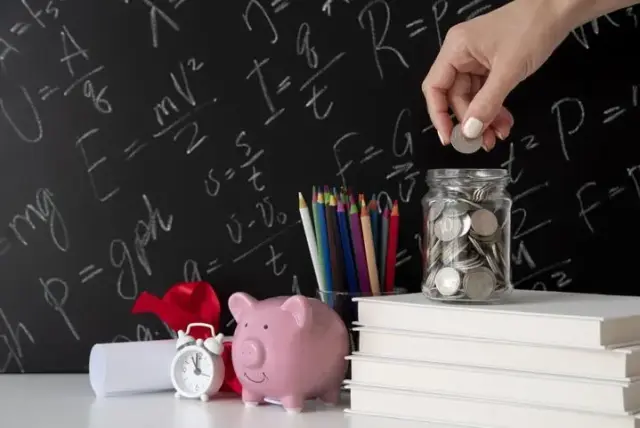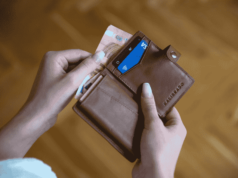Saving money doesn’t have to be a daunting task. These challenges help you take small, meaningful steps toward financial discipline. From avoiding unnecessary purchases to getting creative with what you already own, each challenge builds habits that stick. Try one or mix a few together. The key is consistency, not perfection. Realistic efforts can lead to real, lasting savings.
Saving money doesn’t always require big sacrifices or complicated plans. Sometimes, all it takes is a few practical challenges to build better financial habits. If you’re ready to give your budget a healthy boost this year, here are some money-saving challenges you can realistically stick to and actually enjoy.
-
The No-Spend Challenge
The no-spend challenge is a great way to become more mindful of your expenses. For a set period—be it a weekend, a week, or even a whole month—you commit to not spending money on anything other than essentials like food, bills, and transport. The key is to set your rules in advance and be honest about what counts as a necessity. This challenge helps you discover how often you make impulse purchases and shows you how much you already have at home that you can use instead of buying more.
-
The 52-Week Challenge
This is a year-long challenge where you consistently save a small amount of money each week. It starts off easy and gradually builds a savings habit over time. While some variations get complicated, you can simplify this by saving the same set amount each week or adjusting based on your income that month. The goal is to build discipline and prove that consistent saving, no matter how small, adds up over time.
-
Pantry or Freezer Challenge
Food waste can silently drain your budget. With this challenge, you make it a point to eat only what you already have in your pantry, fridge, or freezer for a week or more. It forces you to get creative with your meals, make fewer trips to the store, and become more aware of what you buy versus what you actually eat. It’s a practical challenge that saves money and clears clutter from your kitchen.
-
Cash-Only Week
Using only cash for a week helps you realize how much you spend daily. With digital payments, it’s easy to lose track of expenses. By withdrawing a fixed amount of cash and using only that for your purchases, you’re more intentional about what you buy. When the cash runs out, the spending stops. This physical boundary makes budgeting tangible and teaches valuable self-control.
-
Declutter and Sell Challenge
Spend time going through your belongings and listing unused or unwanted items for sale. This challenge not only puts extra money in your pocket but also helps you create a cleaner, more organized space. It’s surprising how many things around the house you no longer need—and how others are willing to pay for them. Use the earnings to start a savings fund or pay down a bill.
-
Subscription Audit Challenge
Review all your monthly subscriptions—streaming services, apps, memberships, and more. Cancel the ones you don’t use regularly or can do without. It’s a quick challenge but can result in long-term savings. Even one or two cancellations can lighten your monthly expenses without making you feel deprived.












































